SSMU is proud to have renegotiated our MoA with McGill so that either party can end our contractual relationship without alleging fault. A transformation in termination clauses, however, hasn’t spared us from a tradition of threats to end the MoA. In this piece, I’ll paint a historical picture of the contractual relationship between SSMU and McGill, going through past instances that SSMU executives have been forced to chose between operations and autonomy.
The 2011 MoA negotiations were particularly fraught. SSMU executives wrote that McGill withheld student fees beyond the 30 day deadline specified in the Act respecting the financing and accreditation of student associations as a pressure tactic. Executives wrote that they urge future SSMU leadership to keep a strong paper trail.
2017 was the first documented threat to the MoA I could find. In a meeting, McGill’s principal, the Provost, and the Deputy Provost demanded that the Executive Committee call for the resignation of Igor Sadikov, who tweeted, “punch a zionist today”. The principal referenced the MoA and the possibility of the university withholding fees. When asked for comment, the principal said, “While McGill’s administration normally does not recommend a course of action to the SSMU leadership, this situation is exceptional”. Over the next few years, many exceptional situations followed. Ultimately the executives did call for Sadikov’s resignation as a board member, although the AUS Council voted against his removal as an arts representative.
In 2020, a written notice of default was given over a SSMU statement in support of 12 detained Hong Kong youth. McGill alleged that the group referenced in the statement – “McGill Stands for Hong Kong” – wasn’t allowed to use the McGill name. Executives responded that McGill Stands for Hong Kong is not SSMU affiliated. But don’t be embarrassed, McGill – I also have a hard time keeping track of SSMU clubs.
In January 2021, SSMU executives sent a letter to a board member of Metro advocating for divestment, causing McGill to issue a notice of default. The default letter uses a bizarre chain of reasoning where they argue that this letter-writing doesn’t fall within the purpose of a student association as per the Act, and so they weren’t allowed to use ‘McGill’ in their acronym. Since SSMU executives sent letters to several individuals, it’s likely that this particular board member, Simon Rivet, complained to McGill. To avoid arbitration, the SSMU president signed an agreement with Fabrice Labeau where SSMU promised not to promote tactics that “tarnish one’s reputation”.
March 2022 was the first time McGill went public with one of its notices to express their disapproval of the Palestine Solidarity Policy which was approved at referendum. In a written statement to Legislative Council, the SSMU president expressed the importance of SSMU’s autonomy, but didn’t comment on how SSMU would respond. In a later statement to all members, he wrote “Despite the pressure from the McGill Administration, we, 24, 000 strong, will do everything in our power to defend the democratic process”. Despite this, the Board of Directors decided not to ratify the policy, arguing it violated SSMU’s governing documents. SPHR wrote a satirical rendition of the Board’s announcement, and were sanctioned by the Board for about 100 days.
In November 2023 McGill gave notice of default over the ‘McGill’ in ‘SPHR McGill’. Like last time, McGill promptly released a communication to all students announcing this. SSMU pushed back on the rhetoric used by McGill in a statement, but ultimately did strip the club of the McGill name. That didn’t stop every Montreal news outlet from continuing to refer to SPHR as ‘SPHR McGill’ (presumably to distinguish it from the SPHR chapters at other schools).
Two days later, McGill told SSMU executives that if the Policy Against Genocide in Palestine, another policy approved by referendum, were “to pass and become policy” then they would receive a notice of default. How the SSMU was supposed to prevent students from voting ‘yes’ to the motion, I’m not sure – but ratification of the policy was halted anyway because of an injunction. SSMU executives relayed this threat to their members after voting had ended.
A notice was sent in July 2024 over the existence of SPHR as a club under SSMU. Similarly to the previous notice, SSMU leadership ultimately publicized the existence of the notice, but only after acting to mollify the administration. SSMU’s statement argued that legal counsel didn’t believe the SSMU was in default but they removed SPHR “due to the repercussions of McGill proceeding with the default process prescribed by the MoA”.
The draft MoA due to be signed on February 28 2025 was threatened when McGill administration learned of a referendum question. This question sought to amend the constitution to clarify that principles written in the preamble are not binding on operations of the SSMU. The motion accompanying the question cited a history of defaults and court fights over the question of whether SSMU was obeying its preamble, as well as this legal review. McGill said that unless this question was rescinded from the referendum ballot four days into voting, they would not sign an MoA with SSMU. SSMU rejected this ultimatum, and McGill signed the MoA.
It’s remarkable that the MoA has survived eight threats to it so far, given its range of responses, from quiet submission to simple refusal. In my opinion, SSMU has lost most when it folds to the administration without public fight, allowing McGill to win via coercive tactics at no cost. The purposes of notices of default seems to have evolved – originally, as a way to quickly solve problems under the table, and more recently, in a more politicized media environment, so that McGill can publicly distance themselves from the undergraduate student body.

Leave a Reply